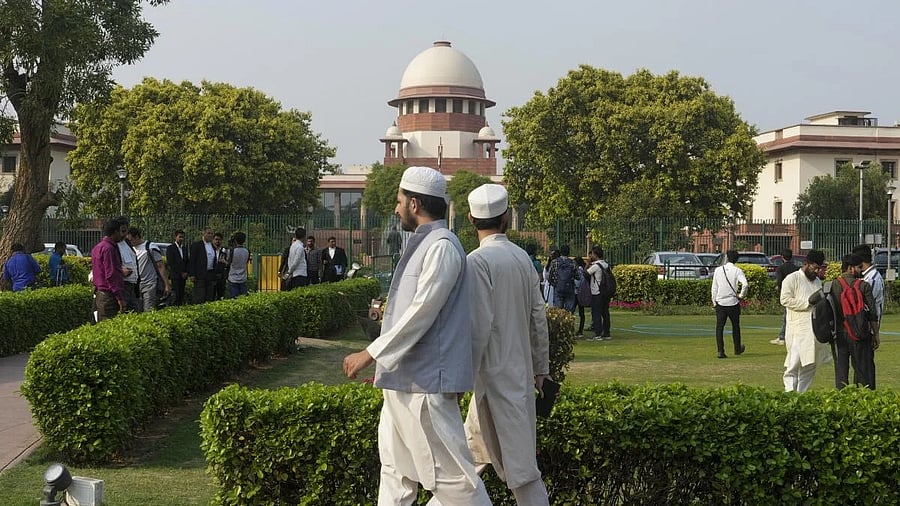
Tamil Nadu not to reconstitute Waqf Board until Supreme Court delivers verdict on petitions
Credit: PTI Photo
Chennai: Tamil Nadu government on Saturday declared that it won’t reconstitute the Waqf Board in the state till the time the Supreme Court delivers its final verdict on the petitions challenging the Waqf (Amendment) Act, 2025.
Minorities Welfare Minister S M Nasar said the DMK has been opposed to any tampering with the Waqf Act and recalled that the ruling party was one of the organisations that filed petitions against the amendments passed in Parliament earlier this year.
“The Tamil Nadu Waqf Board will not be reconstituted as per the Waqf Amendment Act which was hastily passed by the government in Parliament until the Supreme Court delivers verdict on petitions challenging the amendments,” Nasar said.
The Supreme Court had last week, in its interim order, stayed certain provisions of the Waqf (Amendment) Act, while upholding the law.
According to the Union Government, the Unified Waqf Management, Empowerment, Efficiency and Development (UMEED) Act, 2025, the Waqf (Amendment) Act, 2025 aims to improve governance by enhancing transparency in property management.
However, opposition parties say the Union Government’s move was against the rights of minorities in the country.
While opposing the amendment, Tamil Nadu Chief Minister M K Stalin had on March 27, 2025 moved a resolution demanding withdrawal of the Waqf (Amendment) Bill from Parliament accusing it of directly “infringing” on religious and property rights of Muslims.
“The Waqf (Amendment) Bill is nothing but another attempt by the Union Government to interfere in the religious administration of Muslims. The law, if passed, will give greater control for the government over Waqf properties thereby undermining their autonomy. This is against the fundamental rights guaranteed by the Constitution,” Stalin had said.